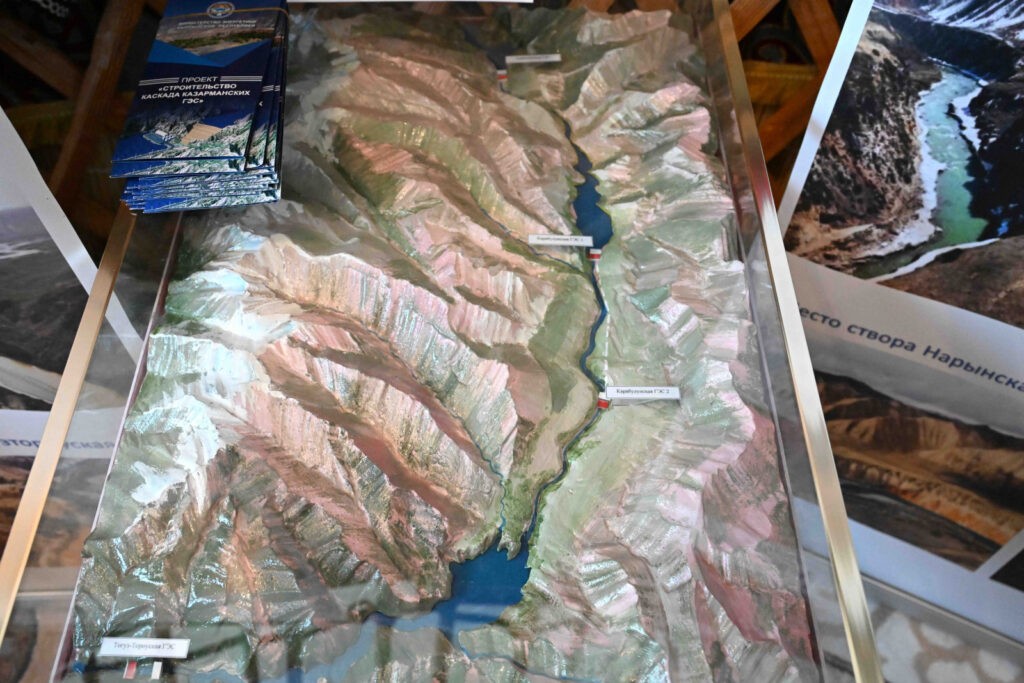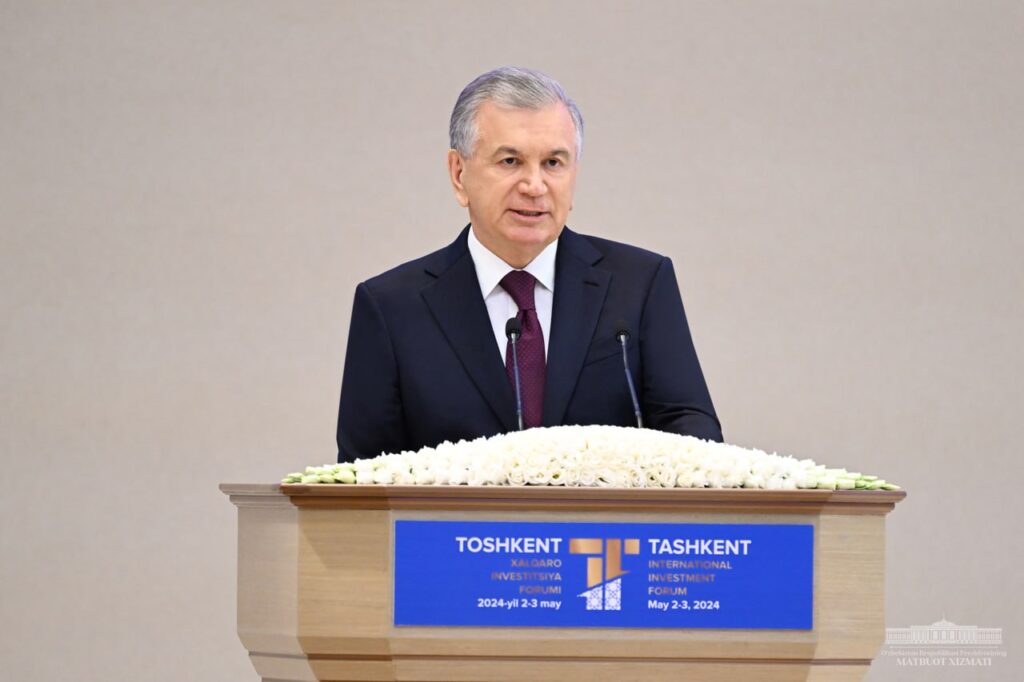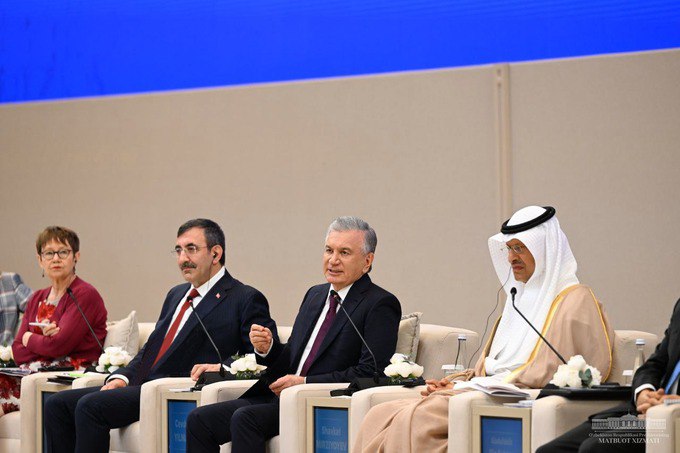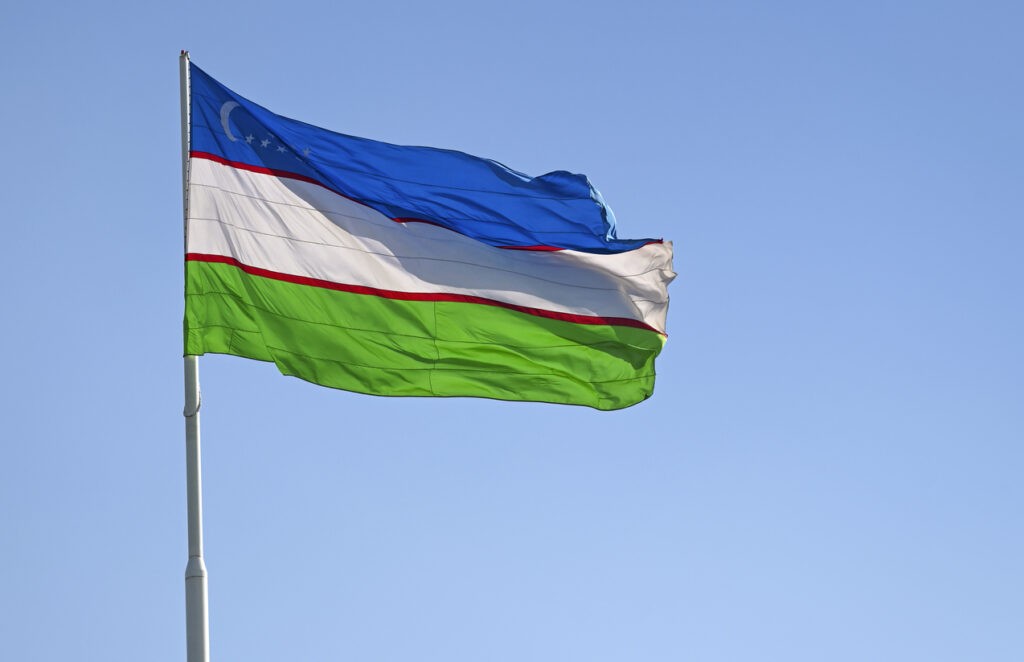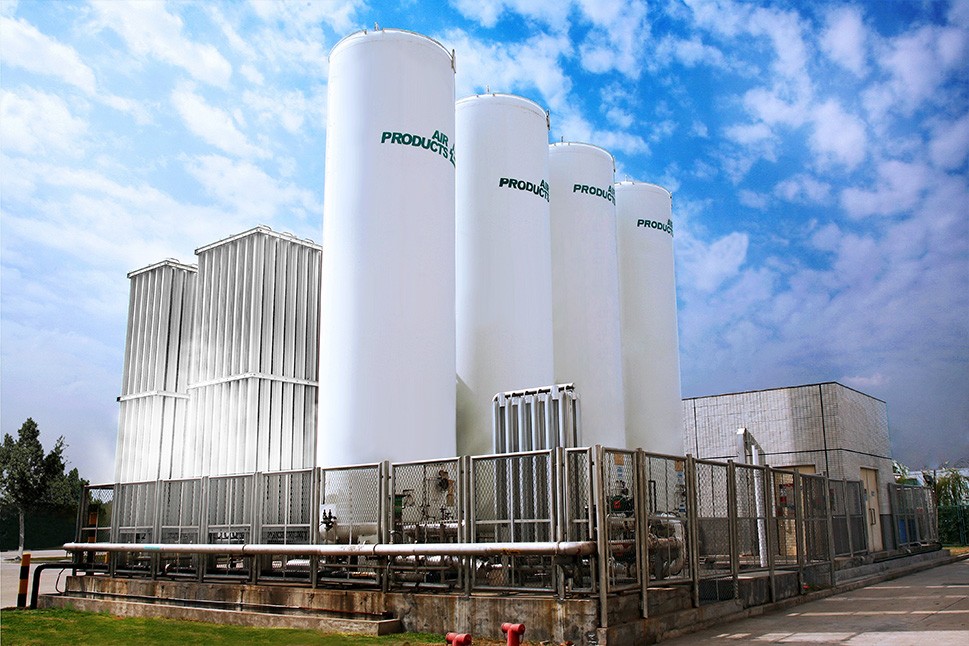Kyrgyzstan, Uzbekistan to Unite Their National Card Payment Systems
Kyrgyzstan's national payment system, Elkart, and Uzbekistan's Humo payments platform intend to launch a project on mutually acquiring, or guaranteeing payment security and authorizations according to Kyrgyzstan's Interbank Processing Center (IPC). The agreement was reached at a meeting in Tashkent. "We are going to develop payment systems and create an ecosystem in our countries. This project will open new horizons for the development of not only financial infrastructures of Kyrgyzstan and Uzbekistan, but will also give impetus to the development of many spheres of activity of the two states," said Kanykei Zhamangulova, Chair of the Board of the Kyrgyz IPC. Payment organizations of the two countries have been negotiating a mutual acquiring framework since last summer. At the last meeting in Bishkek, the parties agreed on money transfers and internet payments. "An agreement was reached to start a joint project for step-by-step realization of the set goals and mutual exchange of experience in acquiring, issuing and combating fraudulent transactions," Shukhratbek Kurbanov, director of the Humo payment system, said at the time. Citizens of Uzbekistan and Kyrgyzstan will be able to pay with their cards in the other of the two countries without additional commissions, he said. However, the exact launch date of mutual acquiring services wasn't announced. The cross-border payments plan is advancing as relations between Bishkek and Tashkent were further warmed by the demarcation of the two states' international border. This key step put an end to decades of border disputes that had persisted since the end of the Soviet period.



